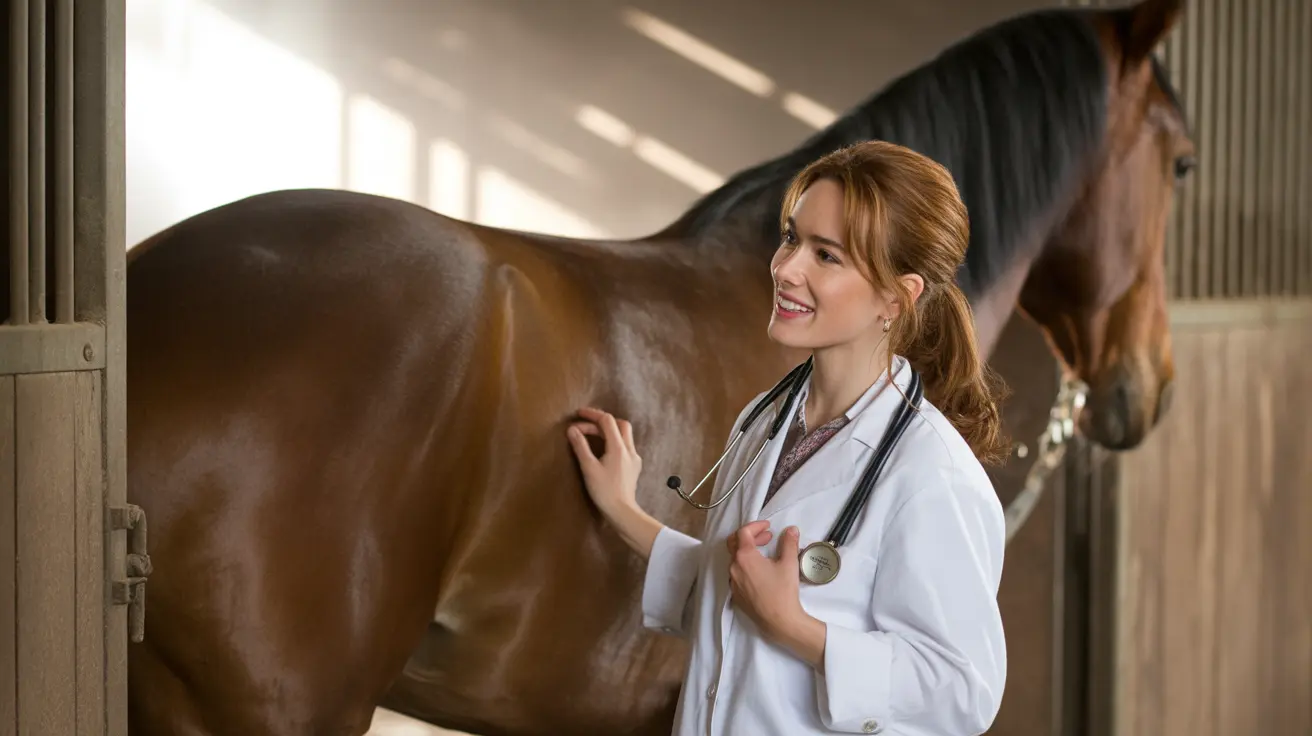How to Care for a Dog with Norovirus
Although norovirus infections are primarily associated with humans, emerging research has shown that dogs can also occasionally become infected—usually as a result of close contact with symptomatic people. While occurrences are rare, it’s vital that pet owners understand how to manage and treat suspected cases of norovirus in dogs.
Understanding Norovirus in Dogs
Norovirus is a highly contagious gastrointestinal virus commonly found in humans. Typical symptoms in people include vomiting, diarrhea, stomach pain, and fever. Over the past decade, scientific studies have indicated the potential for cross-species transmission of human norovirus strains to dogs. Documented cases show that dogs living in households with infected humans can carry the virus and occasionally show symptoms.
Common Symptoms of Norovirus in Dogs
- Vomiting
- Watery diarrhea
- Loss of appetite
- Lethargy
- Signs of dehydration
- Abdominal discomfort
Diagnosing Norovirus in Dogs
Veterinarians typically diagnose norovirus in dogs by excluding other common gastrointestinal infections such as canine parvovirus or distemper. In some cases, specialized PCR tests can identify norovirus RNA in stool samples.
Supportive Treatment for Norovirus
There is no specific antiviral treatment for norovirus in dogs. The primary approach is supportive care:
- Hydration: Maintaining fluid levels is critical. Depending on severity, dogs may require oral, subcutaneous, or intravenous fluids.
- Bland Diet: Feeding easily digestible foods such as boiled chicken and rice can be helpful during recovery.
- Medications: Only use anti-vomiting or anti-diarrheal medications under the guidance of a veterinarian. These are typically avoided until serious causes like obstructions are ruled out.
Home Care Tips
- Keep your dog comfortable and calm in a quiet space.
- Monitor for worsening symptoms like blood in stool or extreme dehydration.
- Clean and disinfect any areas contaminated by vomit or diarrhea using pet-safe products.
- Wash your hands thoroughly before and after caring for your pet.
When to See the Vet
If symptoms do not resolve within a few days or your dog is very young, elderly, pregnant, or immunocompromised, consult your veterinarian immediately. Dehydration and rapid fluid loss can lead to more serious complications if not treated swiftly.
Preventing Spread and Reinfection
Although documented cases of dog-to-human transmission are extremely rare, norovirus can survive for a long time on surfaces and fur. To protect all members of your household:
- Avoid direct contact with your pet’s vomit or feces.
- Use gloves when cleaning up accidents and disinfect thoroughly.
- Minimize close contact if household members are symptomatic.
- Prevent dogs from licking or sniffing around contaminated areas in public places.
Preventive Hygiene Measures
If someone in your household has norovirus, follow these hygiene tips to reduce the chances of infecting your dog:
- Wash hands frequently, especially after using the bathroom or before feeding or handling pets.
- Don’t allow sick individuals to handle pet food or water bowls.
- Keep pets out of areas where vomiting or diarrhea has occurred until cleaned.
Are Norovirus Infections in Dogs Dangerous?
Most cases are mild and self-limiting, resolving within a week. However, supportive care is necessary to ensure the dog recovers safely. Puppies and dogs with other health issues may need more rigorous medical attention to prevent secondary complications such as severe dehydration.
Takeaways for Pet Owners
- Be aware that dogs can contract norovirus from infected humans.
- Watch for gastrointestinal symptoms and act promptly to ensure adequate hydration.
- Visit a veterinarian to confirm diagnosis and receive professional medical advice.
- Practice good hygiene to avoid the spread of the virus within the household.
Prompt veterinary attention and good hygiene practices are crucial for the safe and effective care of a dog with norovirus. Most dogs recover fully within a few days to a week under proper care.





